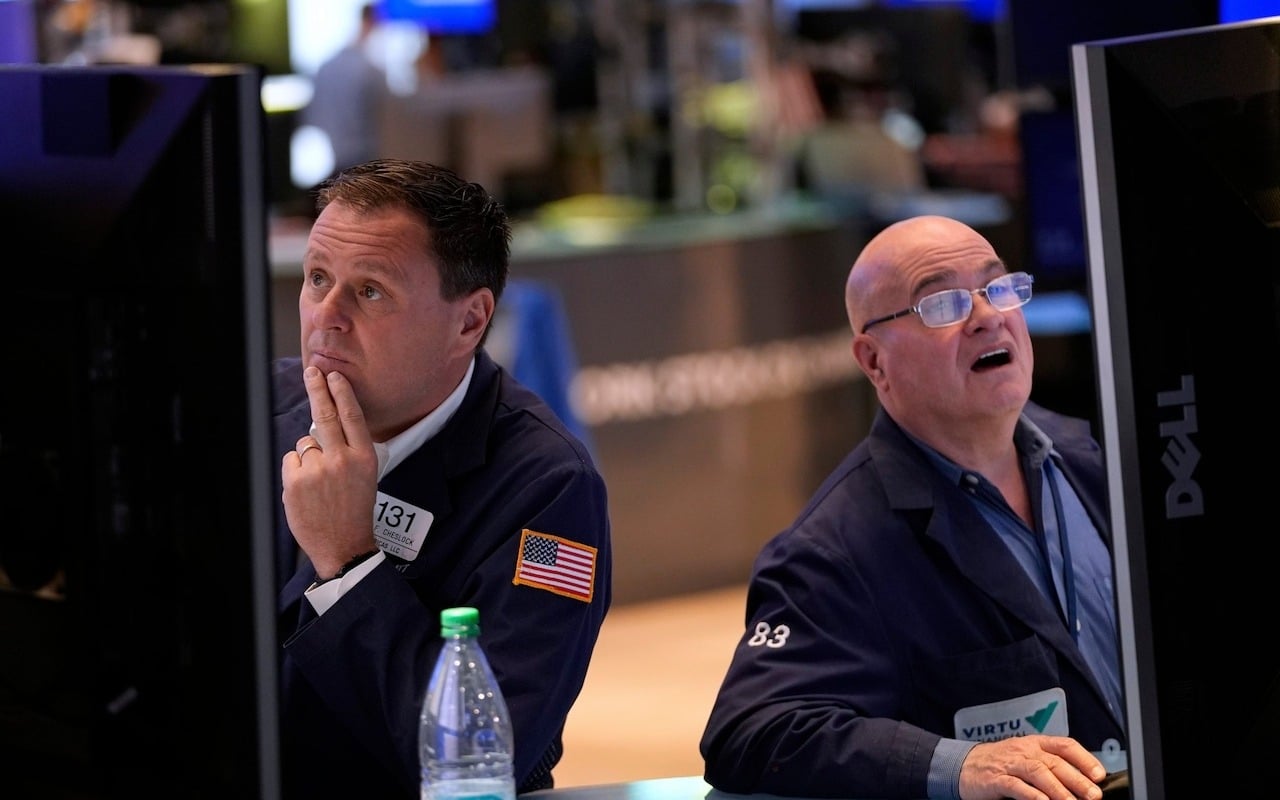U.S. Economy Shrinks as Trump’s Tariff Strategy Sparks Recession Fears
The U.S. economy unexpectedly contracted in the first quarter of 2025, raising alarms that the country could be heading toward a recession—one largely fueled by former President Donald Trump’s aggressive trade policies.

This marks the first economic contraction in three years. Economists point to a flood of imports as the key driver behind the downturn, with businesses rushing to stockpile goods ahead of Trump’s newly imposed tariffs. The surge in imports widened the trade gap and dragged overall economic growth into negative territory.
Markets React, Economists Sound the Alarm
The sharper-than-expected economic drop rattled stock markets, triggering a retreat from U.S. assets. Financial analysts say the signs of a slowdown are getting harder to ignore.
“At this point, it’s difficult to imagine how a recession could be avoided without a major rollback in tariff policy,” said Richard Flynn of investment firm Charles Schwab. “The recent shifts in trade strategy have significantly raised the odds of a recession.”
Kamala Harris Blames Tariffs for Economic Crisis
Former Vice President Kamala Harris, speaking to Democratic donors on Wednesday night, called Trump’s tariffs the “greatest man-made economic crisis in modern presidential history.” Her comments marked a forceful return to the national spotlight.
“Some people are calling what we’re seeing absolute chaos—and I get why,” Harris said. “It’s certainly true when it comes to these tariffs. Tariffs that, as I predicted, are clearly pushing us toward a recession.”
Fundamentals Are Slowing Down, With More Pain Ahead
Even setting aside the tariff-driven import surge, some analysts say the economy was already showing signs of underlying weakness. Oliver Allen of Pantheon Macroeconomics warned that “a period of stagnation likely lies ahead,” especially if the full set of retaliatory tariffs slated for July takes effect.
Government spending cuts, including reductions in defense funding, also contributed to the economic slowdown.
A Sharp Turn from 2024’s Growth
The downturn comes as a surprise after a strong 2024, when the U.S. economy grew by 2.8%, leading the G7. That growth rate outpaced Canada (1.5%) and the U.K. (1.1%), making this sudden reversal even more jarring.
Trump Deflects Blame to Biden
President Trump, responding to the news on his social media platform TruthSocial, insisted the downturn wasn’t his doing.
“This is Biden’s Stock Market, not Trump’s,” he posted. “I didn’t take over until January 20th. Tariffs will soon start kicking in, and companies are starting to move into the USA in record numbers.”
He added, “Our Country will boom, but we have to get rid of the Biden ‘Overhang.’ This will take a while, has NOTHING TO DO WITH TARIFFS.”
Fed Faces a Tough Balancing Act
The Federal Reserve’s preferred inflation measure declined in March, but economists warn that the full impact of the tariffs has yet to be reflected in consumer prices. That’s likely to complicate any decision to cut interest rates, leaving the central bank with limited tools to soften the blow of a weakening economy.